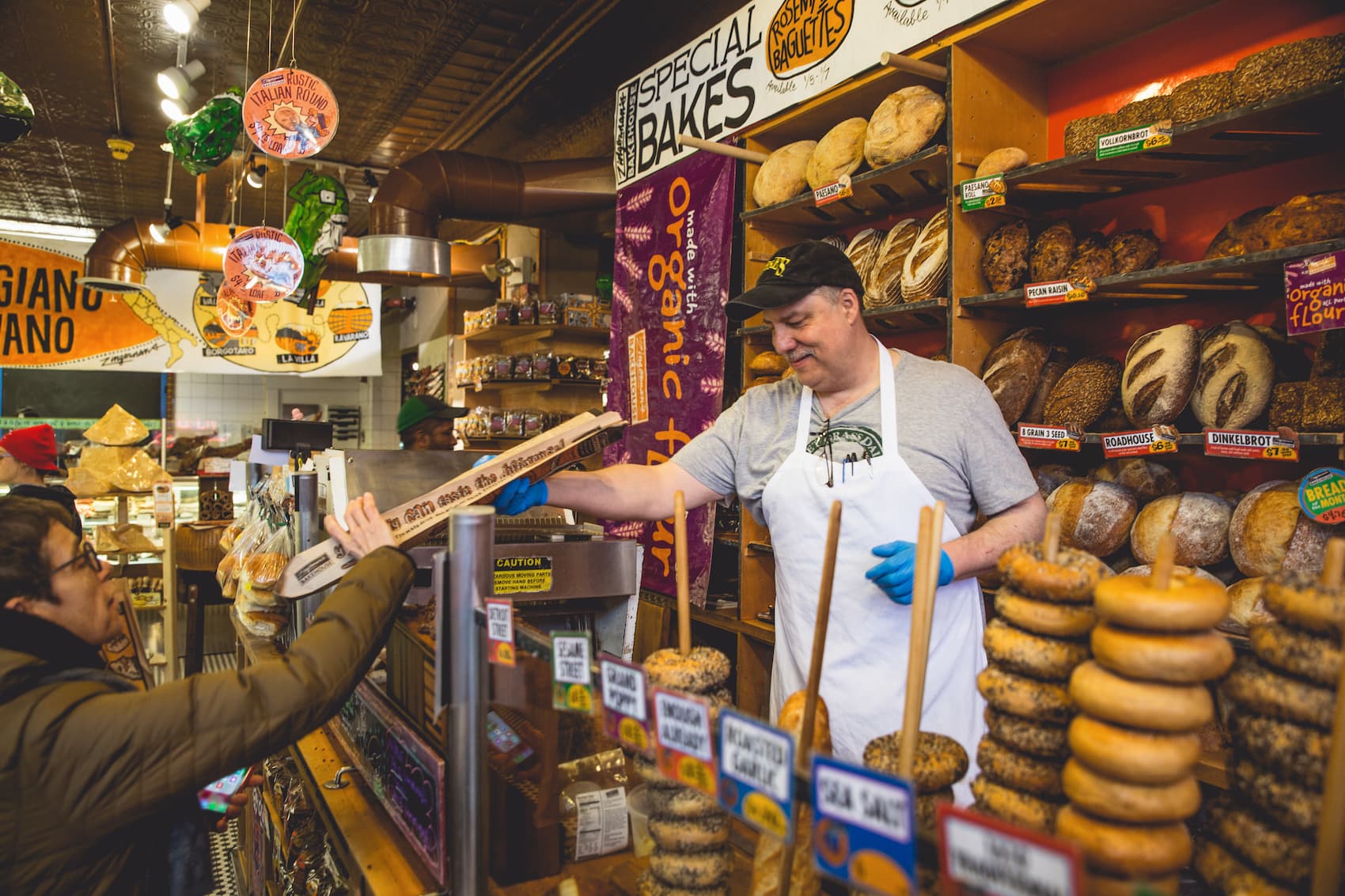
Why Food and Beverage Executives Need to Be Involved in Onboarding New Employees
Employee onboarding for most food and beverage brands are handled by Human Resources, there’s a growing trend to shift this responsibility to the executive level.
Most food and beverage manufacturers experience high employee turnover. Considering this and the fact that average employee tenure at any given job is about 4.2 years, it can be extremely difficult to retain and grow talent.
While employee onboarding for most food and beverage brands are handled either by Human Resources or distributed amongst various supervisors, there’s a growing trend to shift this responsibility to the executive level.
Onboarding Beyond the Job Role
According to a recent Harris Poll, 93 percent of employers agree that a good onboarding experience is critical to influencing the new hire’s decision to stay with the company. This has many food and beverage brands adjusting their onboarding programs from simply training new employees on the necessary skills to fully integrating them into the brand’s culture.

One such company that’s taken this to heart is the Zingerman’s Community of Businesses, based in Ann Arbor, Michigan. Zingerman’s is best known for its delicatessen and online specialty food store. They employ over 700 employees across 13 businesses, including a candy manufacturer, coffee shop and creamery. Inc. Magazine once called it “the coolest small company in America,” and the shop has been in existence for over 37 years. Although the community of businesses has grown considerably, Zingerman’s has maintained a strong company culture and employee engagement along the way.
The company’s founders, Paul Saginaw and Ari Weinzweig, stay intimately involved in employee onboarding to ensure that their vision and passion are communicated to every employee who walks through the doors.
“We always wanted to have a community of businesses with each one having their own specialty, but nothing in our vision said what the business was, just that they had to share our same passion for great food and service.”
Ari Weinzweig, Co-founder
Zingerman’s places a great deal of emphasis on sharing the company values and vision with their employees directly. Each employee attends a workshop with one of the founders. They still teach a class to all new employees that’s aptly called “Welcome to the Zingerman’s Community of Business” or, more colloquially, “Welcome to ZCoB.” The focus of their class is to provide the employee with intellectual, emotional, historical and ethical stories of Zingerman’s and some of the key ways they work to make it all happen.
Weinzweig notes that when new staff members leave the class, he wants them to feel excited about the job they’ve chosen and the opportunity they now have to be an important part of the company.
Zingerman’s is answering a crucial desire from most new employees, as surveys have shown that at least 78 percent of new employees feel it’s important that a good onboarding program provides a “quick integration in the company culture” and “a positive attitude towards the employer.”

Key Pieces to the Empowerment Puzzle
It’s crucial for CEOs and CMOs to get involved in company onboarding. What Zingerman’s example provides is more than just how to do a job but how to embody their brand as a lifestyle.
By sharing the vision, standards, values and differentiators of the company with employees directly, they not only strengthen their front line, but they create great brand ambassadors for the company. Not to mention, taking their personal time to teach the orientation sends a clear message to employees that they are valued.
“[Our employees] are making decisions all day long. How fast to walk, how polite to be, whether they should see the napkin on the floor and pick it up, should they go back to the customer that looked slightly unhappy? If they don’t have context or believe in the product they are selling or the values of the organization, the odds of the work they do being good are zero.”
Ari Weinzweig, Co-founder
While an in-person session with the owner or executives is important, CEOs and CMOs must also empower employees with tools and materials they’ll need to maintain brand engagement after they start their new position.
To do this, many companies develop detailed culture manuals to help employees better understand and digest their company’s purpose. Marketing teams should be involved in developing these manuals to ensure that messaging is consistent and that employees feel authentically part of the brand.
Marketing teams should also provide current brand style guides for employees to reference. This helps employees feel like they’re not just an artificial mouthpiece or widget in the machine but a real part of the process. Zingerman’s provides employees with a 60-page staff guide that contains company history, culture and recipes for business success. They also offer 75 different ongoing internal classes with a variety of topics — all at no charge.
Building From the Bottom Up
Ultimately food and beverage CEOs and CMOs can strengthen their companies’ brand by getting involved in onboarding but, more importantly, they can grow loyal and engaged brand advocates. By investing time to deliver in-person welcome classes, historical resources and brand-centric culture manuals, employees will have the tools they need to do their job effectively and, more importantly, to truly feel they’re a valuable part of the brand.
To learn more about Zingerman’s philosophy on executive involvement, or what they call “Secret 49,” read their short ebook on the topic here. For a complete look at other Zingerman’s resources, visit Zingerman’s Press. To get more information about their business practices, visit the brand’s corporate training company, ZingTrain.

